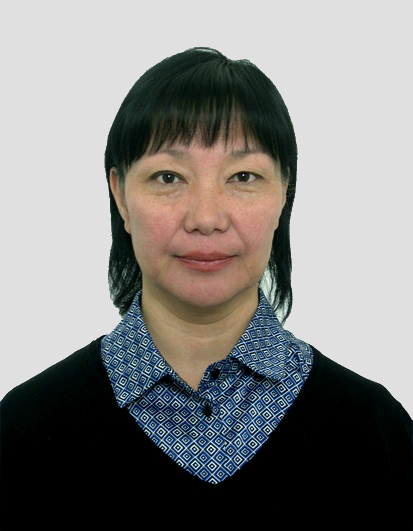At the present stage of development of Tibetan Buddhism in the West, the tulku institution, which presence in this tradition is its main characteristic, began to take roots. In the past twenty years, Tibetan monks have begun to recognize the reincarnation of representatives of the lineage of succession, not only among Tibetans, but also Westerners. Analyzing this process, the author comes to the conclusion that the difficulty of introducing this model into the practice of Buddhism in the West is that Western adepts should agree that his teacher, the authoritative Tibetan lama, in his next birth can be identified in the person of a Western man and in this regard, there will be problems of relationship of students with the reincarnation of their spiritual teacher. The building of such relations is an increasingly important element in creating and maintaining the integrity required for the survival and further successful development of Tibetan Buddhism in the West. The author claims that, as a rule, children-reincarnates do not visit Western countries for various reasons. Many of them live in Tibetan monasteries in India and Nepal, where they are subject to strict regime and instructions. However, in the near future these children will grow into leaders of their societies located in Western countries.
Key words: Tibetan Buddhism, tulku institute, reincarnation, Western culture.
DOI: 10.22250/2072-8662.2018.2.52-58
About the author
 |
Dulma V. Ayusheyeva – PhD (Philosophy), senior research fellow at the Department of Philosophy, Culturology and Religious Studies, Institute for Mongolian, Buddhist and Tibetan Studies of the Siberian Branch of the Russian Academy of Sciences; 6 Sahyanova str., Ulan-Ude, Buryatia, Russia; This email address is being protected from spambots. You need JavaScript enabled to view it. |






